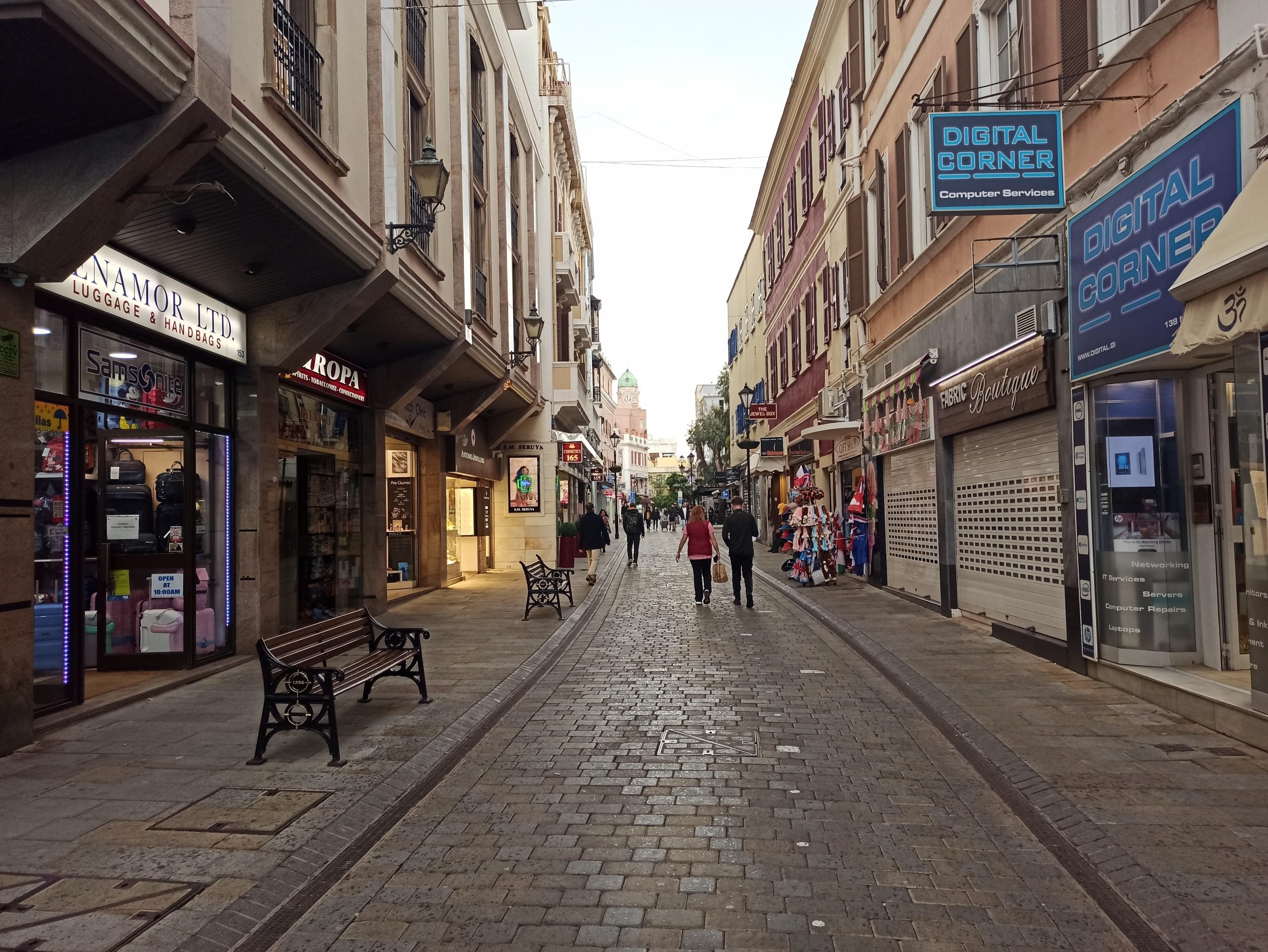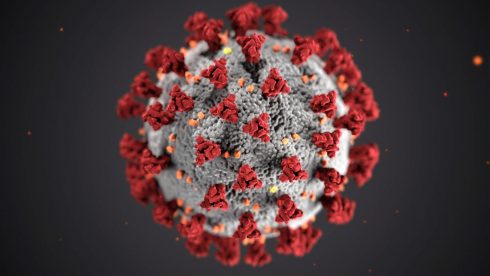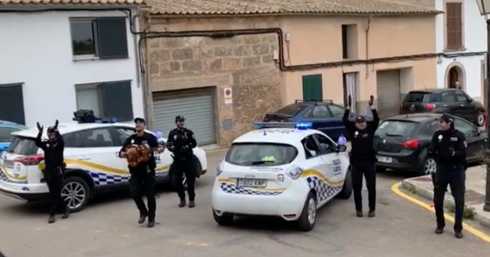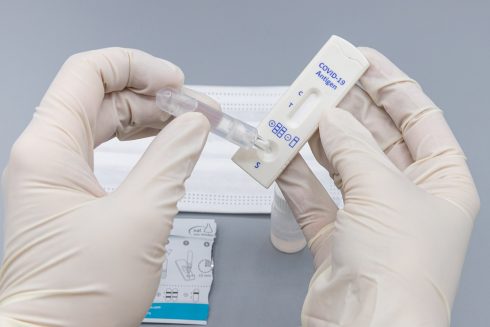GIBRALTAR had not felt more like an island since the frontier was opened nearly 40 years ago.
While it was true that workers could move freely between the Rock and Spain, on March 15 the Gibraltarians were for the first time physically trapped in their homeland.
The small queues of cars leaving the territory and the almost deserted frontier made it feel almost unworldly.
Even when the working week began, Main Street, normally teeming with life, was eerily silent.
A few Spanish workers strode around looking lost while many people stayed at home.
What is clear was that this Gibraltar had grown up from that of 1969.
Many were busy at home remote working, probably more productive than ever.
A few children walked home from school, but not in the loud groups we are used to seeing.
With nearly three quarters of parents defying the government and electing not to send their children to school, it really seemed people were making their own Coronavirus choices.
However, compared to the tension in Spain, people seemed to be content to spend more time at home rather than brave the crowds in Main Street.
Most obvious was the lack of people over seventy.
After the government made a law to force them to stay home, they were nowhere to be seen.
“They’re at home behaving themselves doing what the law requires,” said Gibraltar Chief Minister Fabian Picardo.
“There will be some recalcitrant 70 year olds who think that they are teenage Supermen or Superwomen, but they need to understand that what we’re doing is for their own good.”
In the end, it seems that Gibraltar is doing what Gibraltar does.
Resilience has always been the Gibraltar way and after accepting the constraints imposed by Britain and Spain over hundreds of years, at least they knew that this time it was one of their own who was barking the orders.
Most of that hyper-critical ire was instead focused online, with even Picardo warning people against ‘following the advice of quacks on social media’.
Overall though, it seems Gibraltar had adapted to the situation and even recaptured some of that solidarity lost after the frontier reopened.
People talked to each other on the street as it felt like the rat-race had been temporarily postponed.
With no tourists in the equation and limited cross-frontier workers, the locals could finally relate to each other as human beings once again.
Survival during this period was now the only goal as the uncertain future of ‘death’ predicted by the territories’ leaders loomed.
Moreoever, the common enemy was now not a nation or politicians or even an idea, but an invisible force.
Everyone was pooling the much larger resources than we had in 1969 to fight a virus which could the grandparents who we have to thank for being the foundations of modern Gibraltar.
Click here to read more Gibraltar News from The Olive Press.








